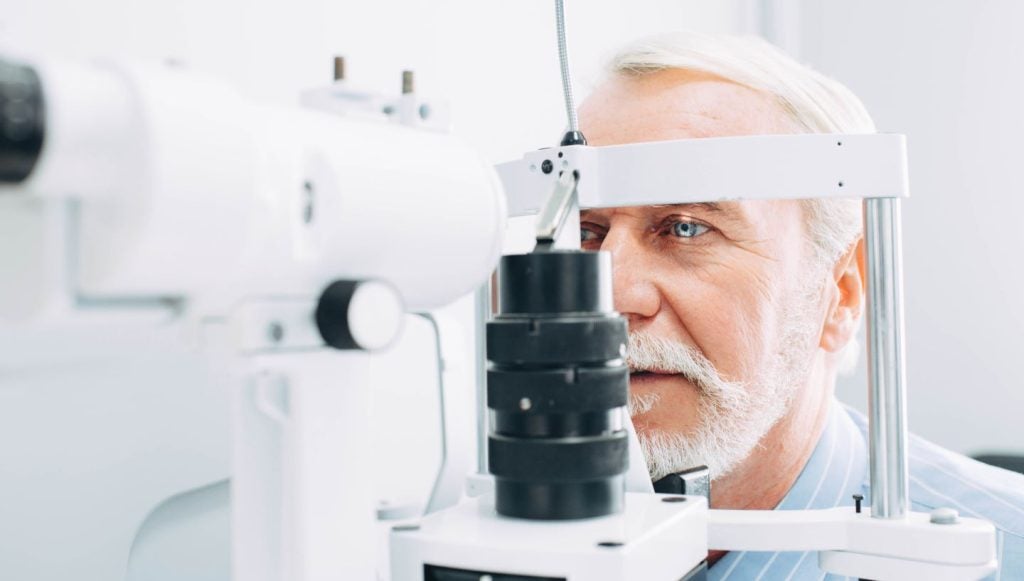Regenxbio has unveiled positive one-year data from the Phase II ALTITUDEtrial of ABBV-RGX-314 to treat diabetic retinopathy (DR) without centre-involved diabetic macular oedema (CI-DME) using in-office suprachoroidal delivery.
ALTITUDE is an open-label, randomised, controlled, multi-centre and dose-escalation study.
It is designed to assess the safety, tolerability and efficacy of ABBV-RGX-314’s suprachoroidal delivery using the SCS Microinjectorin patients with moderately severe or severe non-proliferative diabetic retinopathy (NPDR) or mild proliferative diabetic retinopathy (PDR).
ABBV-RGX-314, being developed in partnership with AbbVie, is under assessment as a potential one-time gene therapy for wet age-related macular degeneration (DR) and other chronic retinal conditions.
It continues to be well-tolerated in 50 subjects from dose levels 1 and 2 (Cohorts 1-3), with no serious adverse events related to the drug.
Dose level two at one year reduced vision-threatening events and prevented disease progression in non-proliferative diabetic retinopathy patients.
In the trial, 70.8% of patients showed an improvement in their Diabetic Retinopathy Severity Scale, compared to 25% in the control group.
No worsening occurred in 0% of cases while 37.5% experienced at least a two-step decline in the control group.
In addition, 4.2% experienced vision-threatening events compared to 37.5% in the control group.
ABBV-RGX-314 decreased vision-threatening incidents by 89% when compared to the control group.
Regenxbio chief medical officer Steve Pakola said: “A one-time, in-office injection of ABBV-RGX-314 gene therapy has the potential to stabilise and improve DR severity score and reduce the long-term risk of vision-threatening events.”









